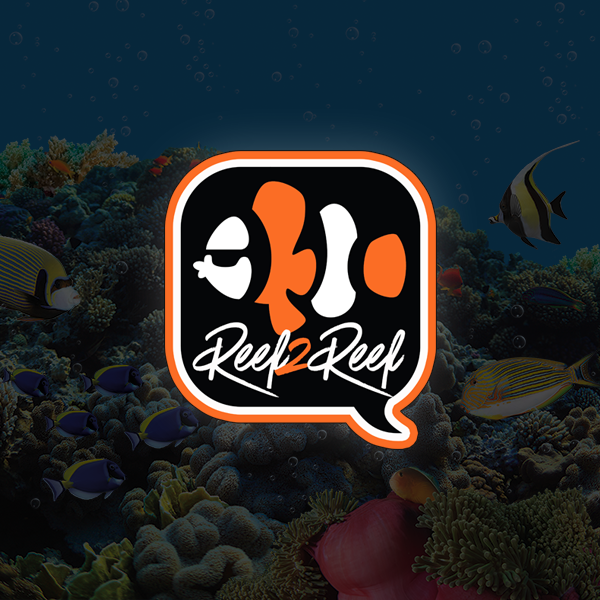So after what I thought was a fairly successful QT process for my fox face and dartfish. They've been in the display for about a week, eating well and pretty happy (still are). HOWEVER, about 2 days ago my primary heater stopped working and the temp dropped from 25 C TO 20 C by the time I noticed
It's only now, 2 days after the temp swing that the dartfish and royal gramma have got some white spots (mainly on their fins).
So either my QT failed, which is quite possible. Or the temp swing caused a stress event.
Either way, I'm now deciding whether to go fallow and use my old display tank for copper treatment (350L approx.) As I bought a slightly bigger DT recently. Or, to see how the fish manage ich as I'm worried that taking all the LR out to catch the fish will be super stressful (for me and the fish).
TL;DR: My main question is are any the current livestock at risk of being over overwhelmed by the ich:
X2 Clown fish
1 black spot foxface
1 silver bellied wrasse
1 Leapord peacock wrasse
1 Royal gramma
1 firesish /dartfish
I'm thinking of observing for a bit longer as copper treatment can be a killer. I'm also not running UV and would probably rather fallow than set up a UV system.
If you want any further info please let me know. I'm pretty new to R2R and would appreciate any advice. I won't lie - I've not have whitespot for about 5 years and been super happy with it, but seeing it now is heart breaking. It's an unforgiving hobby
It's only now, 2 days after the temp swing that the dartfish and royal gramma have got some white spots (mainly on their fins).
So either my QT failed, which is quite possible. Or the temp swing caused a stress event.
Either way, I'm now deciding whether to go fallow and use my old display tank for copper treatment (350L approx.) As I bought a slightly bigger DT recently. Or, to see how the fish manage ich as I'm worried that taking all the LR out to catch the fish will be super stressful (for me and the fish).
TL;DR: My main question is are any the current livestock at risk of being over overwhelmed by the ich:
X2 Clown fish
1 black spot foxface
1 silver bellied wrasse
1 Leapord peacock wrasse
1 Royal gramma
1 firesish /dartfish
I'm thinking of observing for a bit longer as copper treatment can be a killer. I'm also not running UV and would probably rather fallow than set up a UV system.
If you want any further info please let me know. I'm pretty new to R2R and would appreciate any advice. I won't lie - I've not have whitespot for about 5 years and been super happy with it, but seeing it now is heart breaking. It's an unforgiving hobby






















